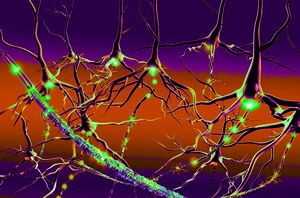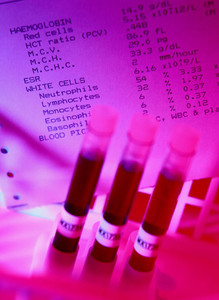The advent of biological medicines has significantly transformed the landscapes of many disease spaces and improved the lives of millions around the world. However, the structural complexity and sensitivity of such products result in a high price tag, adding to already financially strained healthcare systems. As these and other expensive complex drugs lose market exclusivity, stakeholders eagerly await the arrival of lower cost alternatives, such as biosimilars and follow-on non-biological complex drugs (NBCDs). Nevertheless, stakeholders remain uncertain about key issues which have resulted in heterogeneous reimbursement policies and varying levels of biosimilar uptake and differences in the approval processes for follow-on NBCDs between different markets.
- Home
-
Generics
News
- FDA approves generic teriparatide and levetiracetam
- US generics launch and approval for Dr Reddy’s and Lupin
- Five Chinese companies join UN’s MPP for Covid-19 medicines
- South Korean companies to make generic Bridion and COVID-19 drugs
Research
- Japan’s drug shortage crisis: challenges and policy solutions
- Saudi FDA drug approvals and GMP inspections: trend analysis
- Generic medications in the Lebanese community: understanding and public perception
- Community pharmacists’ understanding of generic and biosimilar drugs: Lebanon case study
-
Biosimilars
News
- FDA approves third interchangeable ranibizumab biosimilar Nufymco
- FDA approves Poherdy (first interchangeable pertuzumab) and Armlupeg (pegfilgrastim) biosimilars
- EMA recommends approval for insulin glargine biosimilar Ondibta and denosumab biosimilar Osqay
- FDA approves denosumab biosimilars Osvyrti and Jubereq, Boncresa and Oziltus
- MORE EDITORIAL SECTIONS
- Search








 0
0











Post your comment